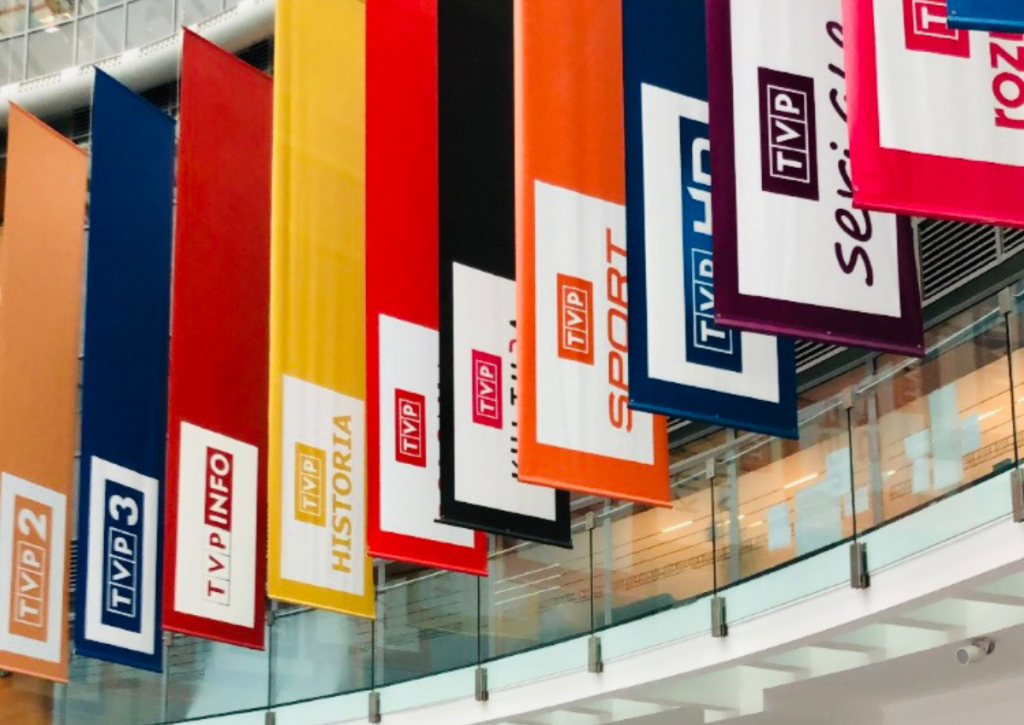Israel’s participation in Eurovision 2026 is becoming more and more controversial because of the actions taken by Israeli authorities in Gaza Strip. Broadcasters from various countries expressed their opposition against letting Israel perform in competition in Vienna. Some of them even threatened EBU with a possible withdrawal if Israel remains in the show. Having considered increasing tensions and wide public discussion over Poland’s participation, OGAE Poland with the biggest Eurovision media in the country have decided to send a letter to TVP’s main director, Tomasz Sygut.
Statement of the Board of OGAE Poland and Eurovision Media on Poland’s and Israel’s participation in Eurovision 2026
On September 16 this year, the UN Independent International Commission of Inquiry stated that the Israeli authorities are committing genocide in the Gaza Strip. Its report points to mass killings, deliberate creation of conditions aimed at destroying the Palestinian population, and obstruction of humanitarian aid. According to Doctors Without Borders, Israel is using starvation as a weapon. Reporters Without Borders indicate deliberate attacks on journalists, while the European Broadcasting Union confirms difficulties in reporting the events. Data from the Gaza Strip Ministry of Health indicate over 65,000 killed and more than 165,000 injured, including over 20,000 children.
Israel’s participation in the Eurovision Song Contest is increasingly controversial. Critics accuse Israel of using the event for propaganda purposes and whitewashing its image, embedding political undertones in its entries. In recent years, Israel’s performances have sparked mass protests, with audience booing being muted during broadcasts to create an impression of support. The Dutch public broadcaster accuses Israel of manipulating audience voting and using government funds for promotion, undermining the principles of fair play. Many broadcasters are demanding an independent audit due to a lack of transparency, questioning the integrity of the voting results.
Many concerns, especially from Eurovision media, focus on freedom of speech. This year’s accreditation process showed that people critical of KAN TV were denied press accreditation despite having large audiences and many years of experience working in the Press Center. The EBU failed to ensure transparent rules. Instead, it created an atmosphere of threat and fear, hindering the free exchange of opinions.
Israel’s participation leads to escalating tensions around Eurovision, including risks to the safety of contestants and the audience. Fans are demanding radical changes in contest rules to restore the original character of the event — free from politics, focused on unity and music.
The surveys we conducted among our viewers clearly indicate support for excluding Israel from Eurovision and understanding for a potential withdrawal of Polish broadcaster from the next edition. Depending on the medium, approximately 90–95% of respondents share this opinion.
We understand the difficult situation in which Polish Television and other public broadcasters currently find themselves. As representatives of Eurovision media and fan’s community, we will support TVP if it decides to withdraw from the competition should Israel (KAN TV) participate. At the same time, we expect a clear stance from TVP. We declare our willing to discuss, cooperate, assist and support in such difficult time.
OGAE Poland – Tomasz Lener, Bartosz Radomski, Maciej Błażewicz, Artur Onacki, Kinga Starsierska, Wojciech Proma
Eurowizja.org – Redaktor naczelna, Katarzyna Kuszczak
Dobry Wieczór Europo – Maciej Mazański
Dziennik Eurowizyjny – Maciej Błażewicz
Eurovibes – Maria Baładżanow
Let’s Talk About ESC – Szymon Stellmaszyk
Miechulec – Mieszko Czerniawski
Misja Eurowizja – Piotr Dyja
